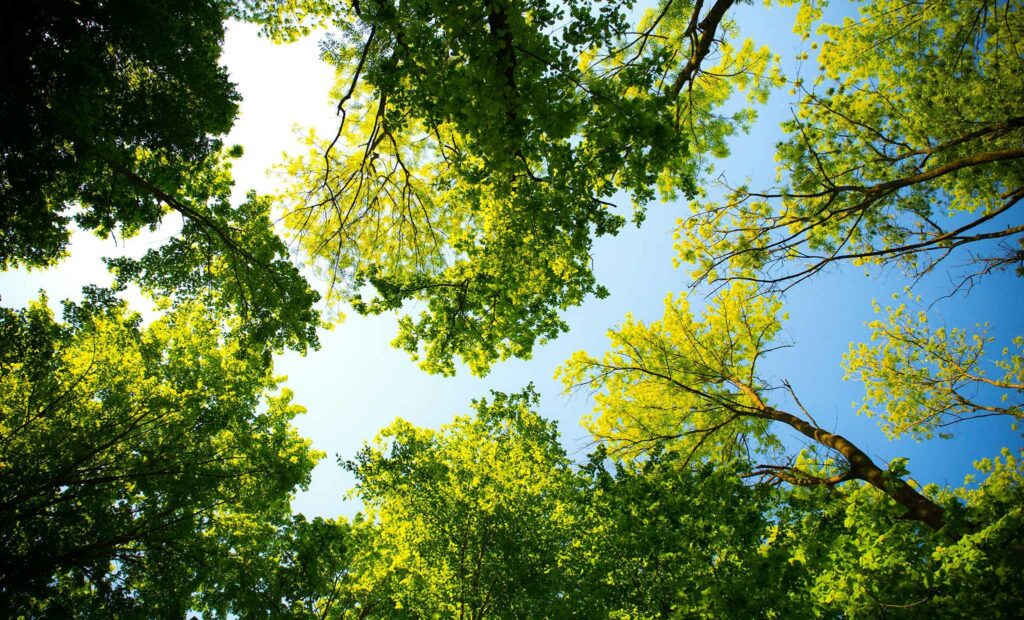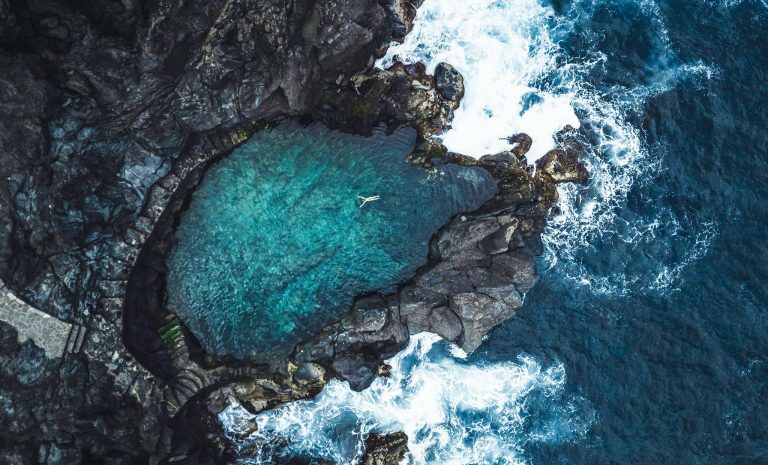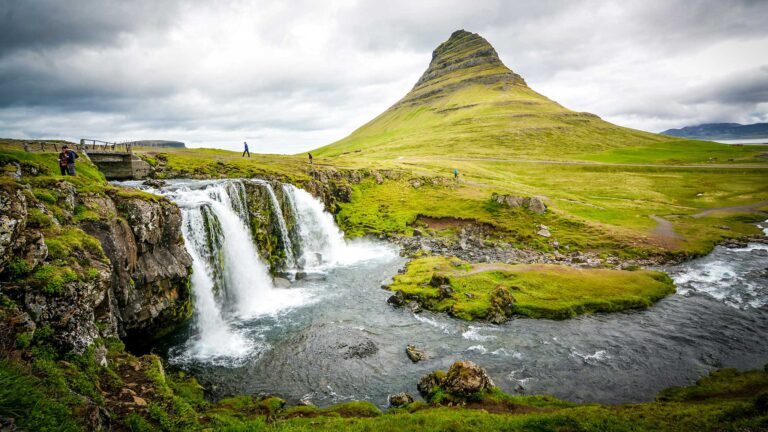The 7 Leave No Trace principles are like a golden set of rules that all adventurers should live by. Whether your hiking, camping or exploring our planet’s wilderness in some other way, respecting the Leave No Trace principles helps maintain our natural environments in their pristine condition, for us and for future generations.
The 7 Leave No Trace Principles
1. Plan Ahead And Prepare

Know before you go! Being well prepared for an adventure into the wilderness is crucial for for your safety, and it generally makes for a much more enjoyable trip. That includes:
- Know the area: get to know the area you’re visiting, from the geography to any regulations and restrictions around hiking, camping and other outdoor activities.
- Skills & Equipment: make sure you have the all skills and equipment need for your adventure, from the right hiking footwear and a suitable tent to a first aid kit in case of emergencies.
- Know your limits: whether you’re travelling alone or in a group, be aware of the skills and limits of everyone involved. While you may enjoy a slight sense of danger, don’t take any unnecessary risks.
- Prepare for Hazards: be well prepared for any issues you may encounter, from extreme weather conditions to dangerous wildlife and other hazards you may find in the area.
2. Travel and Camp on Durable Surfaces

Whether you’re hiking, camping, mountains biking or doing some other outdoor activity try to minimise your impact on the landscape by sticking to established routes and travelling on durable surface. That include:
- Stick to the path: to avoid eroding the ground around the footpath, try to walk in single file along established trails, particularly in popular areas with lots of visitors.
- Use existing campsites: rather than trying to create the perfect campsite by altering the environment, try to find an camping spot that works just as it is. You know what they say: “the best campsites are found, not made”.
- Minimise impact: if you have to walk off the trail of camp off-site, try to keep your impact to a minimum by sticking to durable surfaces like rock, gravel or dry grass and keep campsites small.
3. Dispose of Waste Properly
There’s absolutely nothing worse than coming across rubbish when you’re hiking through a beautiful forest or swimming in a crystal clear lake. To help keep our environments pristine:
- Pack it in, pack it out: that applies to all rubbish, whether it’s plastic wrappers or leftover food. Carry any rubbish back out with you and certainly don’t try burning it.
- Bury it deep: when it comes to human waste, use restroom facilities if available or bury it 6-8 inches deep. Bury toilet paper deeper if you can or pack it out.
- Wastewater: whether its for showering or washing dishes, try to stay at least 200 feet away from clean sources of water like streams and lakes. If using soap, stick to biodegradable soap and scatter any of the grey water.
4. Leave What You Find

You’ve probably heard the famous saying “take only photos, leave only footprints.” Each and every natural item we find outdoors plays a role in its environment, so leaving things exactly where we find them is vital. That includes:
- Leave rocks and plants: avoid moving or damaging any rocks, plants or any other natural objects.
- Non-native species: avoid collecting or transporting any fauna or flora. It might not seem important, but moving non-native species can cause massive damage to an ecosystem, both for the original environment and the new one you introduce them to.
- Unnatural structures: whether it’s constructing a wind shelter, digging a trench or building a shelter, avoid building any man-made structures that might leave a permanent or even semi-permanent mark on the environment unless you really need to.
5. Minimise Campfire Impact
Campfires can cause lasting damage to the backcountry so learning to properly start and manage a campfire is an essential skill every camper should have. As far as minimising the impact a campfire has goes, keep this in mind:
- Avoid Campfires: where possible, avoid a campfire all together by using a lightweight camping stove for cooking.
- Use established campfires: where fires are allowed, try to use an already established fire ring or pan, or an area of the ground that has already been used if necessary.
- Keep fires small: there’s never a need for a large campfire. Try to keep the fire as small as possible and only use sticks and wood that’s already on the ground.
- Dispose of the fire: allow the fire to burn out, burn all wood to ashes and scatter them once their cooled. If you can, cover the ground with surrounding soil.
6. Respect Wildlife

When we venture into the wilderness, we get the incredible opportunity to experience wildlife in their natural habitat. But after all, it is their habitat so we need to be very respectful of them. That means:
- Keep your distance: observe wildlife from a distance and certainly don’t approach or follow wild animals.
- Never feed animals: feeding wild animals can cause damage to their health and even affect their behaviour, making them more vulnerable to predators and even make them more tame.
- Avoid sensitive seasons: whether it’s nesting season or mating season, or you see animals with their young, be particularly careful when around sensitive times of the year. You’ll be able to find that sort of information on National Park or Conservation area websites.
- Control pets: if you’re travelling with a pet, keep them under control at all times or leave them at home.
7. Be Considerate of Other Visitors
As well as aiming to avoid impact on the environment, we also want to make sure that the area remains natural for everyone else visiting. To do that:
Yield to others: always be courteous to others and allow them to pass on narrow trails. if you’re stopping for a break, do it off the footpath to not disturb other hikers.
List to the sound of nature: stay quiet, avoid making any excessive noise and let the sound of nature be the focus of your outdoor experience.
Remember, it’s all about making sure our outdoor adventures don’t leave a mark that can’t be erased. Safe travels, and keep it wild!




